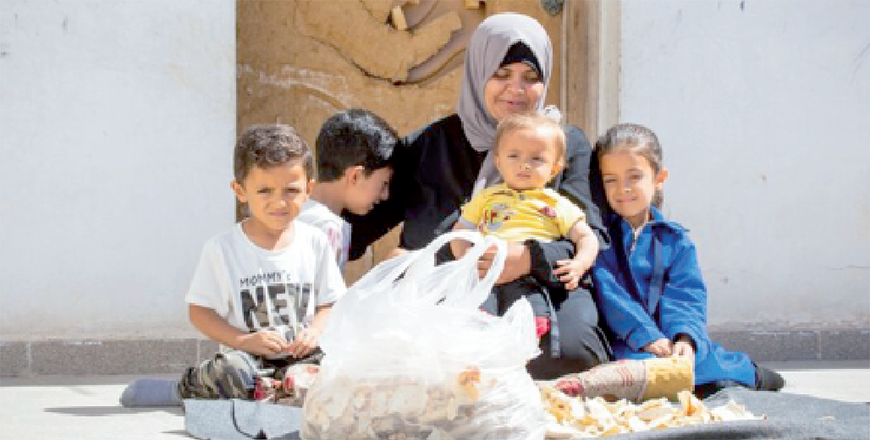You are here
Senators’ allocations to be reduced by 30% to support gov’t fight against COVID-19
By JT - Apr 14,2020 - Last updated at Apr 14,2020

Faisal Fayez
AMMAN — Senate President Faisal Fayez on Tuesday announced that the Upper Chamber’s permanent office has decided to reduce senators’ financial allocations by 30 per cent starting from the beginning of May until the end of the Senate’s constitutional term.
This decision aims to support the government's efforts to fight COVID-19 and overcome the economic challenges caused by the pandemic, and to enable the government to provide support to the economic sectors affected by the crisis, the Jordan News Agency, Petra, reported.
Fayez noted that all senators have provided a total of JD300,000 in personal donations over the past two weeks.
JD100,000 was allocated to the Himmat Watan Fund, JD100,000 to the Khair account at the Ministry of Social Development and JD100,000 to the Ministry of Health’s account.
The Senate president called on banks, chambers of commerce and industry, large companies, professional unions, private institutions, businesspeople and all those capable of contributing the necessary financial support to the government to donate “out of the national responsibility shared by all”.
Fayez expressed appreciation for the “great efforts” made by the government, concerned authorities, security entities and the Jordan Armed Forces-Arab Army under the directives of His Majesty King Abdullah in fighting the spread of COVID-19.
He also called on the public to adhere to all decisions and instructions issued by the government and to support the efforts of the government and the concerned authorities in confronting the coronavirus.
Related Articles
AMMAN — The World Food Programme (WFP) said that the value of assistance to vulnerable refugees in Jordan has declined by 30 per cent since
AMMAN — The Jordanian Judicial Council on Sunday announced that it will donate 30 per cent of the salaries of both the president of the Cour
The rate of youth unemployment in Jordan is one of the highest in the world and there should be policies in place to reduce this “problem”, the Phenix Centre for Economic and Informatics Studies said on Monday.












